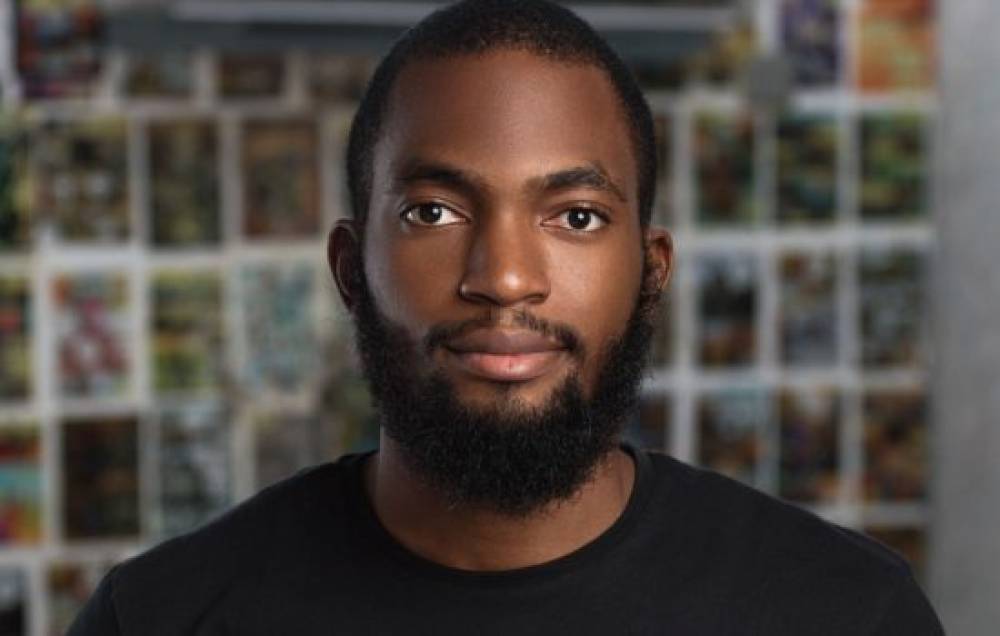
Local VCs Will Start Investing More In Later-stage Startups Soon
Local VCs will start investing more in later-stage startups soon
Can we ever stop discussing funding? Cash flow is a hot topic that continues to dominate conversations across the Nigerian tech ecosystem and the broader African startup scene.
Kuda, Flutterwave, Termii, Havenhill, Kwik, Afriex, Bankly, and Appzone raised over $205.9 million in ten (10) rounds. Flutterwave, a fintech startup, led the way with a historic $170 million Series C raise to become Africa's third payments unicorn.
Notably, March funding exceeded that of the entire 2020, when up to 82 Nigerian startups raised $170 million.
Are local venture capitalists doing enough?
While the multimillion-dollar funding raised in March demonstrates Nigerian startups' increasing viability, it is quite disappointing that only five local venture capitalists participated in the rounds, out of 34. That represents a meager 15% of all investors.
Indeed, only 11 local venture capitalists out of 44 venture capitalists contributed to the total disclosed venture capital funding raised by Nigerian startups of $220.1 million as of April 12, 2021. And this is largely due to Appzone's $10 million Series A round, in which all five (5) investors were local venture capitalists.
Local venture capital firms that have invested in Nigerian startups this year include Iyinoluwa Aboyeji's Future Africa (Termii and Afriex), CardinalStone Capital Advisers (Appzone), Acuity Ventures (Termii), TLcom Capital (uLesson), Chrysalis Capital (Bankly), and Constant Capital (Appzone).
Closing the Venture Capital Funding Gap
Dayo Koleowo, a Partner at Microtraction who leads investments and portfolio management, tells Technext that most local venture capital firms invest small amounts in early-stage startups as part of their modus operandi.
Perhaps this is a low-risk strategy that local venture capitalists use to position themselves to maximize investment returns. Indeed, as a Nigerian venture capital firm, Microtraction invests $25,000 in early-stage African startups in exchange for 7% equity.
While such financing helps startups get started, there is still an apparent disparity in funding from domestic venture capitalists and foreign counterparts, particularly in terms of later-stage investments. To put this in context, no local venture capitalist invested in Flutterwave's much-lauded $170 million Series C.
So, what is the real issue confronting local venture capitalists? In response, Dayo notes that foreign venture capital firms are typically more buoyant than domestic venture capital firms.
“One of the reasons later-stage investors can invest in a business is because an early-stage investor made a small investment in the same business,” he added.
However, Dayo believes that as more early-stage Nigerian startups succeed in the long run, local venture capitalists will shift their focus to larger investments. Success is defined by profitable growth, securing Paystack-like exits, and attaining unicorn status, as Flutterwave did.
“As the market matures and we see more successful small early-stage funds, we will see local small early-stage venture capital firms raise larger funds and be able to participate in later stages than they typically do, as well as provide follow-on funding to their portfolio companies.”
Going forward, it is safe to say that Nigerian startups can anticipate significantly larger investments from local venture capitalists, both at the early and later stages of growth.
Courses and Certification
Management Information System - MIS Course and Certificate
Business Analytics Course and Certificate
Business Intelligence Course and Certificate

